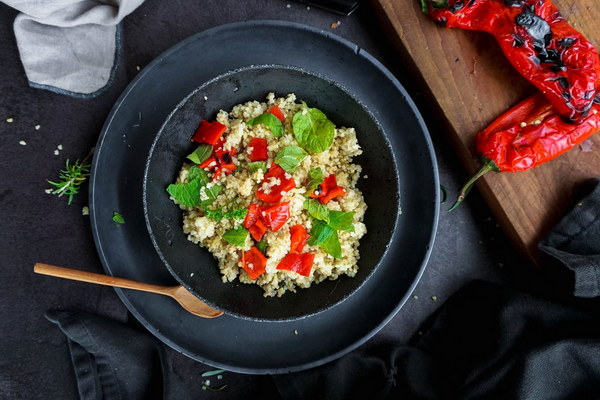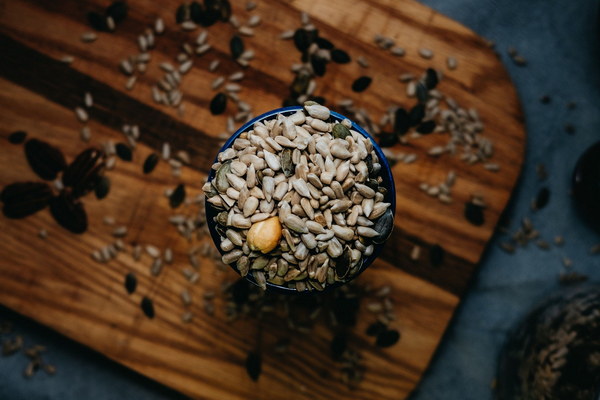The Cost of Reishi Supplements How Much Should You Spend for Health Benefits
Introduction:
Reishi, also known as Lingzhi, has been a traditional herbal medicine in China for thousands of years. It is believed to have numerous health benefits, such as boosting the immune system, reducing stress, and improving overall well-being. However, the cost of reishi supplements can vary greatly, leaving many consumers wondering how much they should spend to reap these benefits. In this article, we will explore the factors that affect the price of reishi supplements and provide a guide on how much you should expect to spend for quality products.
1. Quality of Reishi
The quality of reishi supplements plays a significant role in their price. There are several factors to consider when evaluating the quality of reishi:
a. Source: Reishi grown in high-quality conditions will typically cost more than those grown in less favorable conditions. Reishi from reputable suppliers and organic farms may be more expensive but offer higher quality and purity.
b. Extraction Method: The method used to extract reishi can impact the price. Some manufacturers use water extraction, while others use alcohol or other solvents. Alcohol extraction is often more expensive but can yield a more potent product.
c. Form: Reishi supplements come in various forms, including powders, capsules, and tinctures. Generally, the more concentrated the form, the higher the price. For example, reishi extracts are more potent than reishi powders.
2. Brand Reputation
The reputation of the brand manufacturing the reishi supplements can also affect the price. Well-known and trusted brands often charge a premium for their products, as they have built a reputation for quality and safety. It is important to research the brand before making a purchase to ensure that you are getting a reliable product.
3. Dosage and Potency

The dosage and potency of the reishi supplement also contribute to its price. Higher doses of reishi may be more expensive, but they can provide greater health benefits. Additionally, supplements with higher concentrations of active ingredients will typically cost more.
4. Cost of Production
The cost of producing reishi supplements can vary significantly, depending on factors such as labor, raw materials, and manufacturing facilities. High-quality reishi supplements may be more expensive due to the time and effort required to produce them.
5. Market Demand
Finally, the demand for reishi supplements can affect their price. If reishi is in high demand, prices may increase. Conversely, if there is a surplus of reishi in the market, prices may decrease.
How Much Should You Spend?
Determining the right amount to spend on reishi supplements can be challenging. However, here are some general guidelines:
a. Budget: Consider your budget when purchasing reishi supplements. If you are on a tight budget, you may want to opt for a less expensive brand or form of reishi. However, be cautious of extremely low-priced products, as they may not offer the quality and purity you desire.
b. Quality: Prioritize the quality of the reishi supplement over the price. Investing in a high-quality, reputable brand may be more cost-effective in the long run, as it may provide better health benefits and reduce the risk of side effects.
c. Health Goals: Assess your health goals and determine how much reishi you need to achieve those goals. For example, if you are looking to improve your overall well-being, you may not need to spend as much as someone with a specific health condition that requires a higher dosage.
Conclusion:
The cost of reishi supplements can vary significantly, depending on factors such as quality, brand reputation, dosage, and market demand. By considering these factors and setting a budget, you can make an informed decision on how much to spend for reishi supplements that offer the best health benefits. Remember, investing in high-quality reishi products may be worth the extra cost in the long run, as they can provide substantial health improvements and contribute to a better quality of life.









